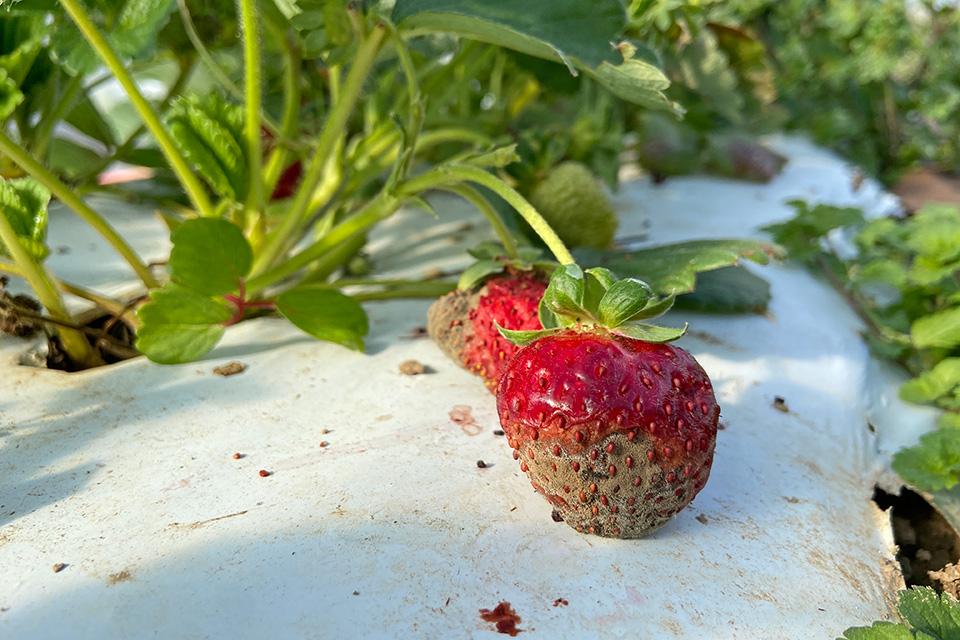U.S. and Mexican Tomato Industries Agree to New Suspension Agreement
After years of contentious debate, U.S. and Mexico tomato growers might be getting closer to a deal both parties can live with. In negotiations on August 20, the Mexican tomato industry agreed to a new suspension agreement, which U.S. growers support.
The most recent suspension agreement had been terminated by the U.S. Commerce Department in early May at the request of the U.S. tomato industry. The latest agreement was negotiated in 2013 and American producers claimed it provided inadequate protection to stop Mexican dumping of tomatoes on the U.S. market. Its termination allowed an anti-dumping investigation to resume.
“For many years, there have been disputes over the roughly $2 billion worth of tomatoes that are imported from Mexico annually. These disputes led the Department to terminate an earlier suspension agreement and continue an investigation that could have led to duties of 25% for most Mexican tomato producers. After intensive discussions with all parties, we initialed a new draft suspension agreement with the Mexican growers late last night. This draft agreement meets the needs of both sides and avoids the need for anti-dumping duties,” Secretary of Commerce Wilbur Ross said.
According to the Florida Tomato Exchange in a prepared statement, the new agreement establishes unprecedented measures and enforcement provisions that will help protect American tomato farmers from injurious dumped Mexican tomatoes.
The new tomato anti-dumping suspension agreement includes major provisions requested by U.S. growers to improve enforcement and monitoring of the agreement. The Mexican industry conceded on core provisions such as border inspections of all Mexican round, Roma, and bulk grape tomatoes, and improved compliance and monitoring tools. Without these and other new provisions, the suspension agreement would not eliminate the injury being caused by unfairly traded Mexican tomatoes, the Florida Tomato Exchange added.
According to Tony DiMare, Vice President of DiMare Company, the inspection rule changes in the new agreement are important fixes to the previous pact. “Under the new agreement, we will have border inspection of tomatoes coming into the U.S., where there was very little before. So, we had product coming into our market that might not have met USDA standards depressing prices,” he said. “The new agreement will also look at quality of the product during the inspections, which domestic shippers are subject to. The old agreement only inspected for condition of the product. Border inspection and quality inspection will equalize the process more than the 2013 agreement.”
The timing of the deal was important, because it had to be sealed in time to allow for a 30-day comment period before Sept. 19, which was the Commerce Department’s deadline for completing its anti-dumping investigation.










